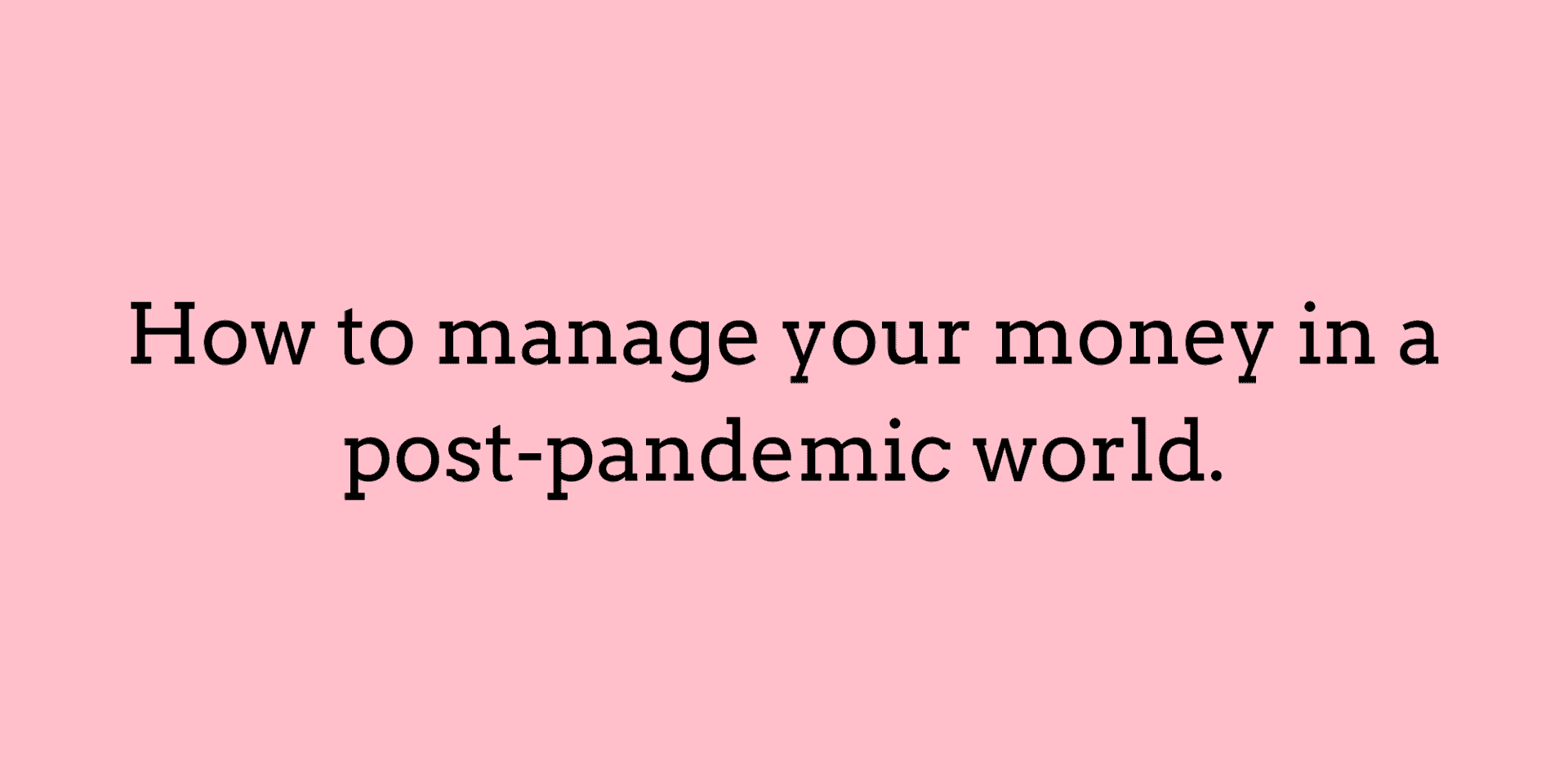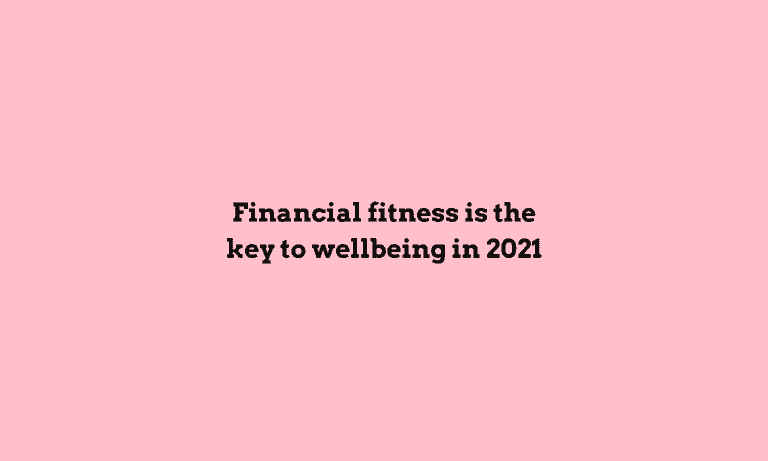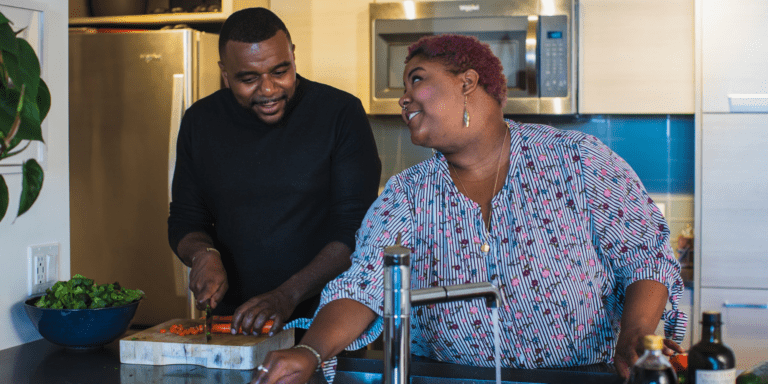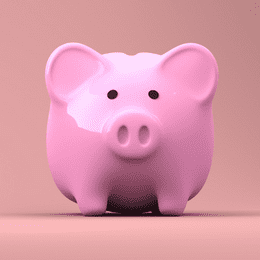

by Clare Seal
As life edges towards normality following a turbulent eighteen months, many of us are left wondering what this means for our money. Many have been able to save, while others have lost income, and others still are plagued by the feeling that having a financial safety net is more important now than ever before, but aren’t quite sure how to build one.
As we head into the peak of summer (come on sun!) with more reasons to go out and Covid restrictions lifting, loosening purse strings is becoming all the more tempting.
Finding the right way to manage your money, especially in a post-pandemic world, is tricky, but here are a few ways that you can rise to the challenge and answer those financial questions that you’ve been asking yourself:
With working from home becoming the new normal for many, and opportunities to socialise being off the cards for months on end, lots of people found cash building up almost effortlessly. Commuting costs, meals out and shopping trips traditionally make up a huge part of our monthly expenditures, and we simply weren’t spending on them. But sometimes having an excess stash of cash can be almost as intimidating and anxiety-inducing as not having enough.
The first thing to do is to think about your priorities and set some goals. These could be big aims to save towards, like buying a home, accessing more education or security for retirement, but they could also be smaller, more enjoyable goals like having a weekend of self-care or booking a holiday. Creating an emergency fund will give you a priceless feeling of security, so putting some of that cash into an easily-accessible account is a great idea, but if you want to really grow your money then you could look at the investing options available to you. There are so many great, accessible tools to ease you into investing, with apps like Wealthify, MoneyBox, Plum and Chip offering different funds that will help you to fund your future if you don’t mind locking your money away for at least five years:
Not everybody is in the same boat when it comes to saving, and it can be really frustrating to feel that your financial and lifestyle goals are out of reach when your income is stretched each month. But even tiny steps can cover a huge distance, and creating saving habits, even if you’re just saving a small amount each month, will stand you in really good stead.
Create or update your budget and see whether there are any places that you could trim, and then set up a standing order for an affordable amount to go to a simple savings account on or just after your payday. Even if this is just five or ten pounds a month, it will still build up over the months and years. Another way to save without missing the money in your account is to use round-ups, a feature available with some banks and saving apps that rounds your debit card purchases up to the next pound, and then stashes the difference for you.
Overspending isn’t the only way in which your relationship with money can be a little bit tense – saving obsessively isn’t healthy or fulfilling, either. If you’re not sure how to balance your disposable income, a good rule of thumb is to use the 50-30-20 budgeting technique, where 50% of your income is spent on bills and essentials, 30% goes on enjoyment and 20% is saved or invested.
You can tweak the percentages to suit your own circumstances, but the key thing to remember is that it’s important to use a good chunk of your disposable income to actually make life enjoyable, and to look after yourself. Being mindful of the future is a great habit to get into, but not to the detriment of your current wellbeing.
Especially if your commute times have been reduced or your social life still isn’t quite back to where it was, you might find that you have a little extra time to spare. While it’s important to make sure that we have enough time spent resting and doing things that we enjoy, if you do want to use a bit of your free time to make some extra cash, there’s absolutely nothing wrong with that at all. There are a few different side-hustles that you could pick up, from making things to sell and doing surveys to freelance writing or buying and reselling for a profit.
If you’d like to start a selling business, it’s worth doing a bit of an audit of the different platforms and what types of product do best, where. Ebay is great for clothes and collectibles, while Facebook Marketplace might be easier for bulkier items. You could spend weekends scouring charity shops for designer and vintage finds, or upcycle old furniture if you’re good at craft and DIY. Some people have gone on to build really successful businesses this way!
View this post on Instagram
Financial wellness means something different to everyone, and we all have different lifestyles that we aspire to. The key is to recognise what you want from life, and to make sure that you’re using your money in a way that gets you there, without making yourself miserable living on just the bare essentials in the meantime.
When making a plan for your own financial wellbeing, make sure that you take all of these things into account, and try to maintain that connection between your money and its purpose as much as possible, so that you’re always taking small steps towards where you want to be.


